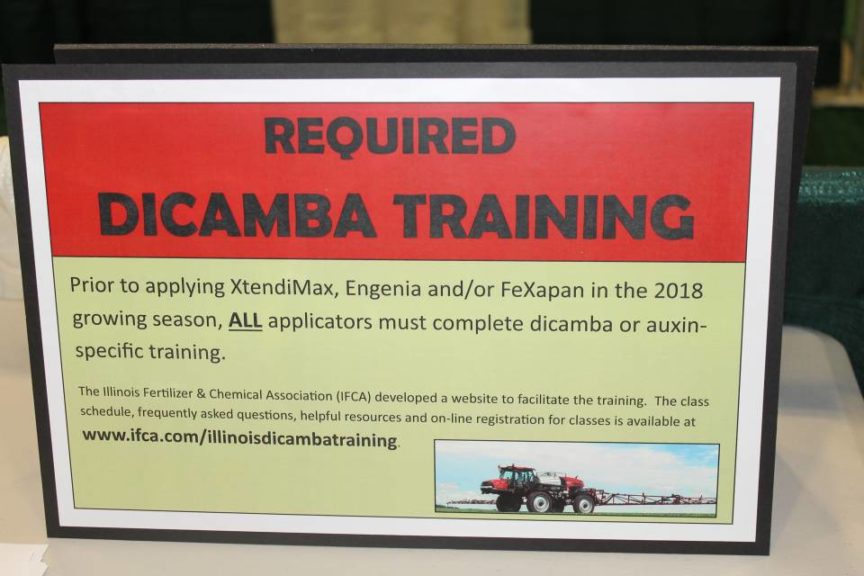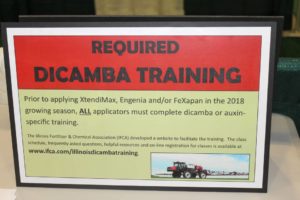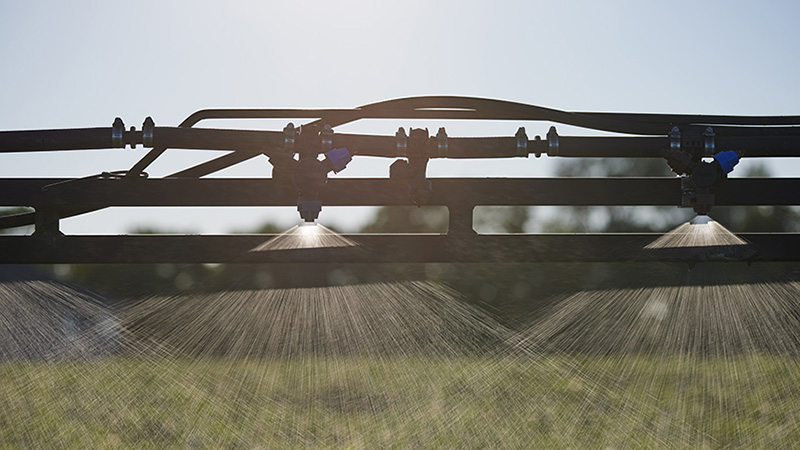Dicamba Discussion Dominates IFCA
As one of the first state association meetings held each year, the annual Illinois Fertilizer & Chemical Association (IFCA) event in Peoria, IL, is a good gauge as to what ag retailers will spend their upcoming growing season focusing on (view slideshow above). Not surprisingly, this year looks to be a follow-up of sorts to one of the major issues of 2017 – dicamba and off-target movement. During the three-day IFCA meeting, no less than half-a-dozen speakers looked at the dicamba question in one fashion or another.
“I hope, as an industry, we are not taking our eye off the ball when it comes to stewardship practices for dicamba application,” said Dr. Vince Davis of BASF. “Bottom line – we can’t have a repeat of what happened in 2017.”
Dr. Bryan Young of Purdue University agreed. “Dicamba-resistant crops are a necessary tool for managing resistant weeds in 2018, but we as an industry need to learn how to use them better,” said Young.
Changes in dicamba’s use label now classify the herbicide as a restricted use product. This means that to use dicamba in 2018, applicators will need to undergo a 90-minute training session. According to Doug Owens of the Illinois Department of Ag, the state has been conducting these training sessions for several weeks now. “Compared with other states, we are way ahead of the game,” said Owens. “To date, we’ve had more than 3,000 applicators complete the required training.” However, he pointed out, with an estimated 15,000 applicators in the Illinois, the state’s work has just begun.
Out on the IFCA show floor, attendees echoed these views. Many of them said that grower-customers in their counties that are planning to plant soybeans have already started buying up dicamba-resistant seeds as a “defensive measure” against off-target damage.
No matter what happens, it seems as if everyone will be watching to see how the herbicide performs in Year 2 of the dicamba-resistant crop era . . .




















